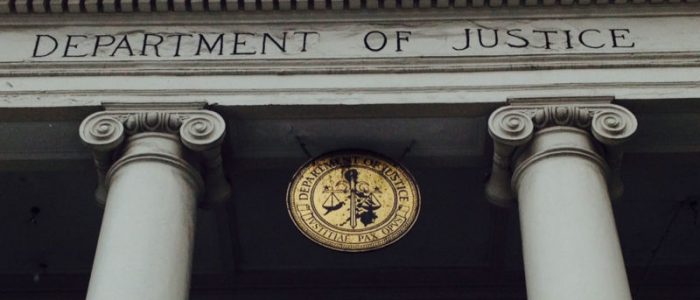 A top German virologist has caused shockwaves by asserting that it’s too late to halt the spread of Ebola in Sierra Leone and Liberia and that five million people will die, noting that efforts should now be focused on stopping the transmission of the virus to other countries.
A top German virologist has caused shockwaves by asserting that it’s too late to halt the spread of Ebola in Sierra Leone and Liberia and that five million people will die, noting that efforts should now be focused on stopping the transmission of the virus to other countries.
Jonas Schmidt-Chanasit of the Bernhard Nocht Institute for Tropical Medicine in Hamburg told Germany’s Deutsche Welle that hope is all but lost for the inhabitants of Sierra Leone and Liberia and that the virus will only ‘burn itself out’ when it has infected the entire population and killed five million people.
‘The right time to get this epidemic under control in these countries has been missed,’ said Schmidt-Chanasit. ‘That time was May and June. ‘Now it is too late.’
The current Ebola outbreak in West Africa has killed over 2200 people, with Liberia and Sierra Leone accounting for over 1700 of those fatalities.
This post was published at Info Wars by PAUL JOSEPH WATSON | SEPTEMBER 12, 2014.





















 Follow on Twitter
Follow on Twitter
Recent Comments